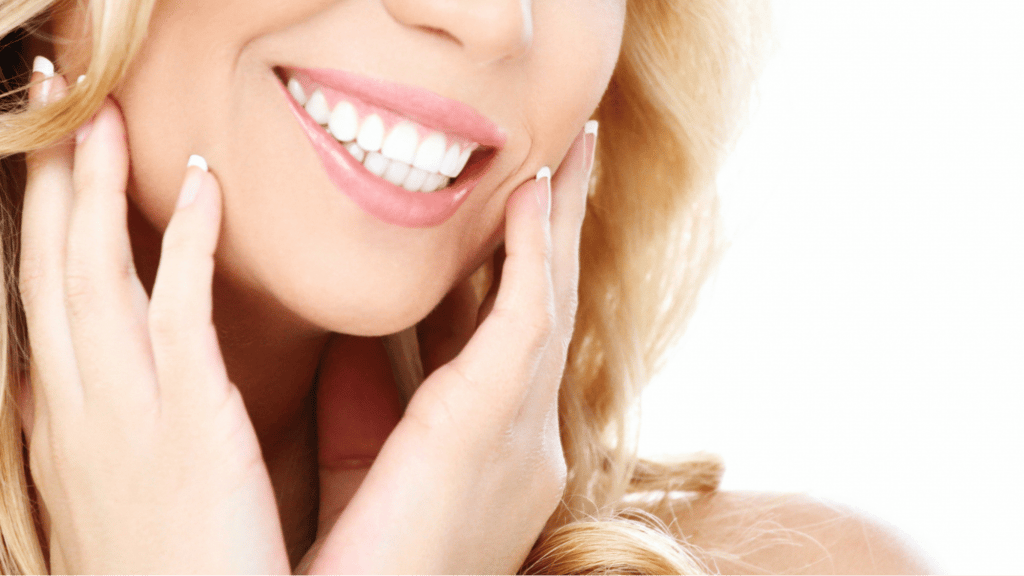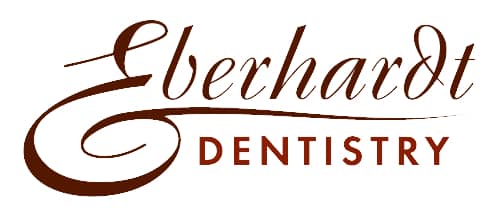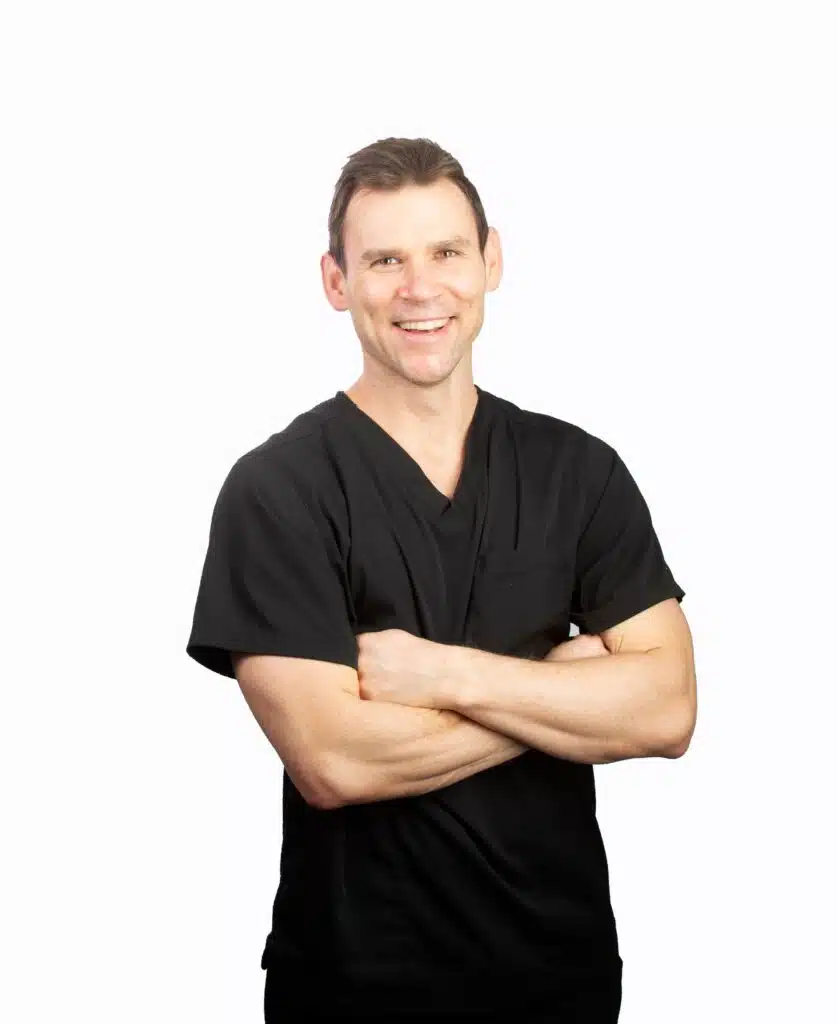
Regular professional teeth cleanings are key to promoting overall oral health. But how often should you be getting a professional teeth cleaning?
Many people don’t realize that having their teeth professionally cleaned is important for more than just aesthetics. Frequent cleanings can help get rid of plaque and tartar buildup and also make it easier to detect potential issues before they become a major problem. Professional teeth cleanings can make a noticeable difference in both your dental health and your appearance.
So if you’re wondering how often you should schedule an appointment with your dentist to get a professional teeth cleaning, we have the answer for you. Most people should have a professional teeth cleaning twice per year.
In this article, we’ll cover the frequency of professional teeth cleanings and what else you can do at home to maintain proper oral hygiene.
The Importance of Regular Dental Appointments
Regular professional teeth cleanings are an important part of maintaining good oral hygiene. Teeth cleanings by a dental hygienist remove dental plaque and tartar buildup, which can harbor harmful bacteria that lead to cavities, gum disease, and bad breath. This helps to prevent the kind of damage that leads to cavities, loose fillings, or root canals down the road. Professional teeth cleanings also allow your dentist to do a thorough exam and spot any problems before they become serious.
Regular teeth cleanings and dental visits are important because they allow us to:
- Clean teeth and remove plaque buildup you can’t reach at home.
- Check for cavities and other dental problems.
- Provide preventive care like fluoride treatments or sealants.
- Identify any dental problems early on before they become serious.
How Professional Teeth Cleaning Differs From Your At-Home Dental Routine
Professional teeth cleaning differs from an at-home dental routine in several ways. The biggest difference is that professional teeth cleanings are done by qualified dental hygienists who have special tools and the experience to effectively remove plaque and tartar that are difficult for people to reach with brushing and flossing alone.
During a professional teeth cleaning, hygienists will verify that all surfaces of the teeth are free from decay and provide thorough polishing so your teeth look their very best. Most importantly, a professional cleaning allows the dentist to check for any signs of disease or abnormality and make the appropriate recommendations or treatment if needed.
Why You Shouldn’t Skip Out on Dental Checkups
It is important to remember that regular dental check-ups are essential for maintaining good oral health. Visiting your dentist on a regular basis will allow them to detect and address any problems, such as cavities, plaque, or gum diseases. This can prevent unnecessary pain and costly dental treatments in the future. Additionally, if problems such as dental disease are left untreated for a long period of time, they can lead to additional oral health issues like tooth loss and bone deterioration and can even contribute to chronic health issues like heart disease.
Moreover, regular checkups give you an opportunity to receive professional advice about things like proper brushing techniques and other preventive measures that can keep your teeth and gums healthy for a long time.
How Often Should I Visit The Dentist?
The American Dental Association recommends seeing a dentist every 6 months for routine check-ups and cleanings. An additional dental visit should be scheduled if you are experiencing any dental issues such as pain, swelling or infection, or changes to your gumlines. Is it also important to pay attention to signs such as bad breath or discolored teeth that may indicate an underlying issue. Regular visits will help keep your mouth healthy and prevent any potential issues from going unnoticed.
What to Expect at Your Dental Checkup
At your dental checkup, you can expect a full exam of your teeth and gums. Your dentist will look for cavities, inspect your mouth for signs of oral cancer, and clean the tartar and plaque from around your teeth. During the appointment, they may also take dental x-rays to spot any hidden issues. After the exam, the dentist can recommend any additional treatments, such as fillings or crowns if needed. Lastly, they may also provide tips on proper oral hygiene and suggest any dietary changes you need to make to maintain your oral health.
Professional Dental Cleaning
During a regular cleaning, plaque and tartar will be removed from the gums and surfaces of the teeth. The hygienist will then polish, floss and rinse with fluoride solutions to protect against tooth decay. In some cases, sealants can also be applied to reduce the risk of future problems with cavities.
If you suffer from gingivitis or periodontal disease, the dentist may recommend a deep cleaning that includes scaling and root planing. This goes beyond the scope of a regular dental cleaning and is used to treat advanced gum disease.
Visual Exam
During your dental checkup, an oral exam will be performed to check for any cavities or tooth decay. The dentist will use a small mirror and other dental tools to look for any signs of decay or damage to your teeth and gums. If any problems are detected, your dentist will talk with you about creating a treatment plan. This may include dental restorations such as crowns or fillings.
Dental X-Rays
Dental x-rays use a very small dose of ionizing radiation to create images of the inside of a patient’s mouth. A dental x-ray machine is placed outside the mouth and produces an electromagnetic beam that passes through the teeth and soft tissues to create an image on film or electronically. These images are used to diagnose problems hidden by gums, as well as cavities or bone damage that can’t be detected with a visual examination.
Oral Cancer Screening
Getting an oral cancer screening is crucial because it can detect cancer early and reduce the risk of severe problems. Oral cancers are often asymptomatic, meaning they don’t manifest any recognizable signs until they have advanced to a stage where treatment may be more difficult and costly. An oral cancer screening can detect abnormalities like lumps or bumps at an early stage, when treatments are more effective.
Visit Eberhardt Dentistry for Professional Teeth Cleaning in Akron, OH
Call us today to schedule your professional dental cleaning to help ensure that your gums and teeth stay healthy and strong. Our team of dental professionals is looking forward to serving all your dental health needs!
Dr. Kyle Eberhardt enjoys helping patients achieve better overall health through enhanced dental care. He earned his Doctor of Dental Surgery degree in 2007 and has since pursued continuing education in the field of dentistry. He is committed to lifelong learning and has received a fellowship from the Midwest Implant Institute in Ohio. He has also pursued advanced training with CEREC doctors in Arizona and North Carolina.



